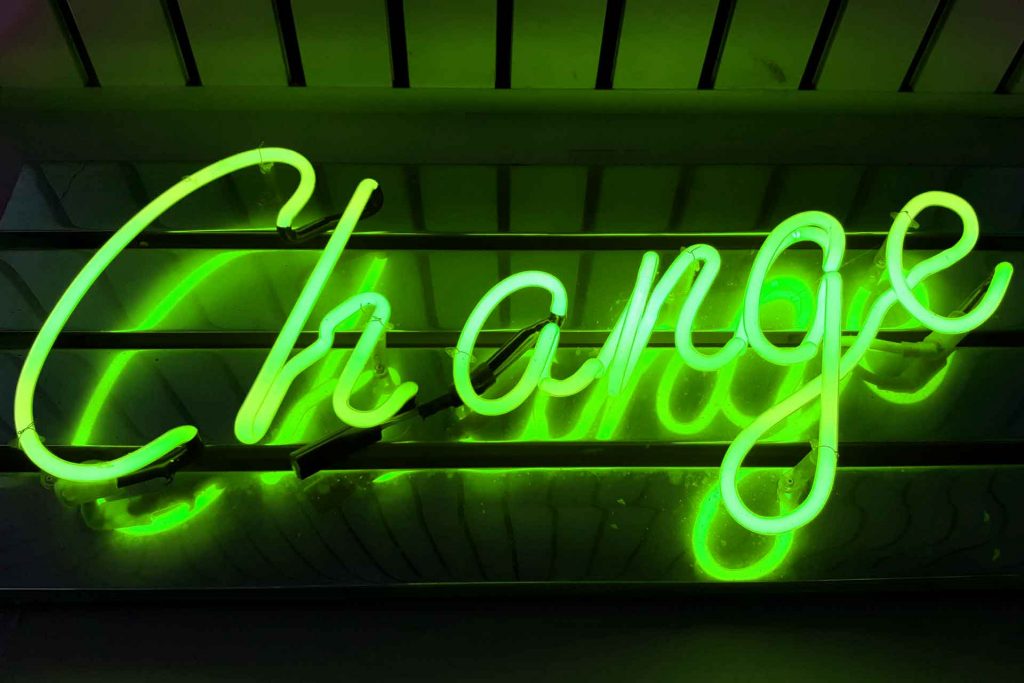For the second year running, we are celebrating ‘Green Week’ – an initiative we created in acknowledgement of the global climate crisis. We felt the responsibility to make lasting change shouldn’t fall solely on individuals, but also on organisations and corporations.
Green Week enables us to really focus on what we, as a company, can do better and reflect on our achievements to date. Over the past year we have really enhanced our recycling scheme, plastic usage has decreased as we made the switch to glass bottles, and we are more engaged and in tune with the climate situation.
Throughout the week we examine sustainable alternatives, such as reducing our reliance on transportation, cutting back on excessive paper use, and recycle-recycle-recycling… as well as encouraging and embracing the ever-growing jungle of greenery blossoming in the office.
Our programme of activity and events is designed to engage and educate the team with environment-focussed facts placed around the office, educational videos and discussions, with a quiz at the end of the week to tie it all together.
The brilliant Ellie Chapman, project co-ordinator at Hubbub Enterprise, joined us for a lunch & learn as part of Green Week to discuss the hard facts around the pros and cons of plastics, litter and food waste, as well as brainstorm some ideas around more sustainable initiatives we can implement in the office, at home, in our personal lives and within our communities.
There were six key points Ellie raised, which got us thinking:
- Nudge – encourage people to make a positive decision. If you have fruit at home or in the office, ensure it is in eyesight and readily available. This will deter people from reaching for sugary treats, without actually removing them from the vicinity. This is an old trick that supermarkets have been doing for years – lining sweets along the check-out lines as temptation.
- Simplify – make the decision easy. When it comes to recycling or changing habits, make it as easy as possible for people so they don’t feel confused, overwhelmed or intimidated. Use imagery and wording to clarify, for example, what can and can’t go in the recycling bin. And make it fun, colourful and user friendly.
- Hooks – link to something that is already engaging your audience. Seasonal hooks are a good way to spread the message and you can easily provide people with examples they can relate to and engage with in order to make a change.
- Social norms – just because everyone else is doing it. Like eating meat. You don’t necessarily have to eat meat to get protein. Many plant-based meals are brimming with protein and nutrients. You can still get the same amount of protein by eating a plant-based diet. Try it, you may be surprised. Here is a selection of Hubbub’s vegetarian recipe suggestions.
- Stories – if you feel part of the story, behaviours can be changed. It’s the long-standing theory that you have to see it to believe it. Well, if you’re involved in activities, such as tracking the plastic waste you generate, you may be surprised by how much single-use plastic you or your company use and in turn try to make a change or reduce your plastic consumption.
- Fun theory – playfulness can go a long way. A good tactic for lasting change is engaging with employees in the workplace. Disrupting people’s daily routine with fun and engaging games; competitions can leave them thinking and feeling inspired. That in turn has a knock-on effect. Make it fun, while also being educational.
Following the group discussion, Ellie pointed out three additional points which are important: be patient – lasting behavioural change takes time; not everything is a ‘winning’ idea – test your idea and be prepared to fail; know your audience and be one step ahead.
It’s safe to say we left the lunch & learn on a high, feeling inspired to make more changes in the office and in our personal lives. Various ideas have since been thrown around, such as, ‘meat-free Mondays’, recycling stations at our desks, colourful imagery on what can and can’t go in the recycling bin, to name a few.


